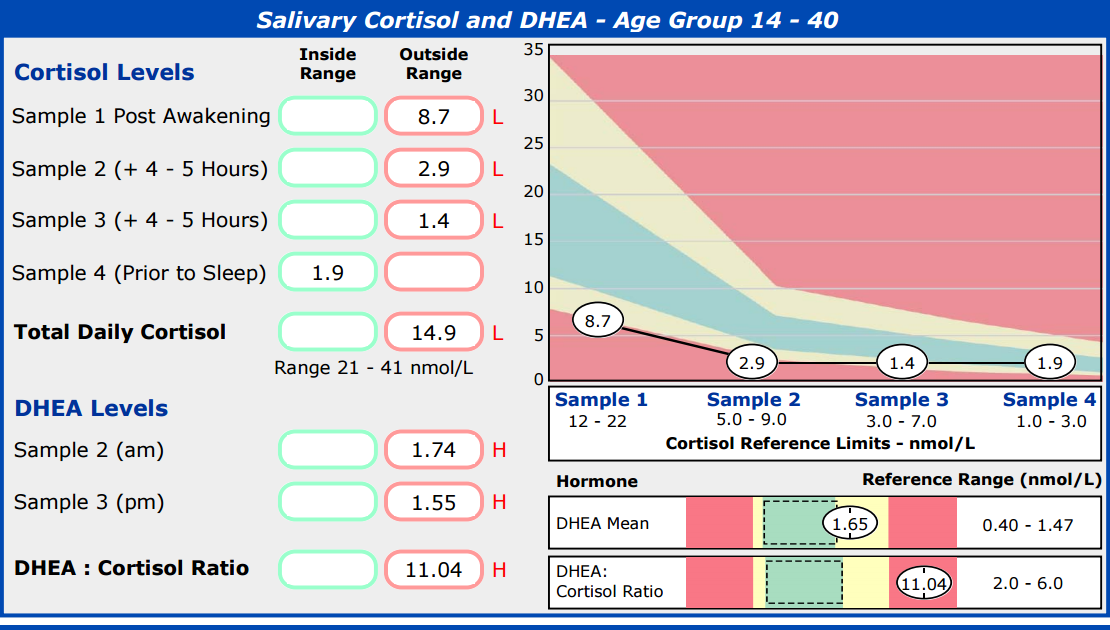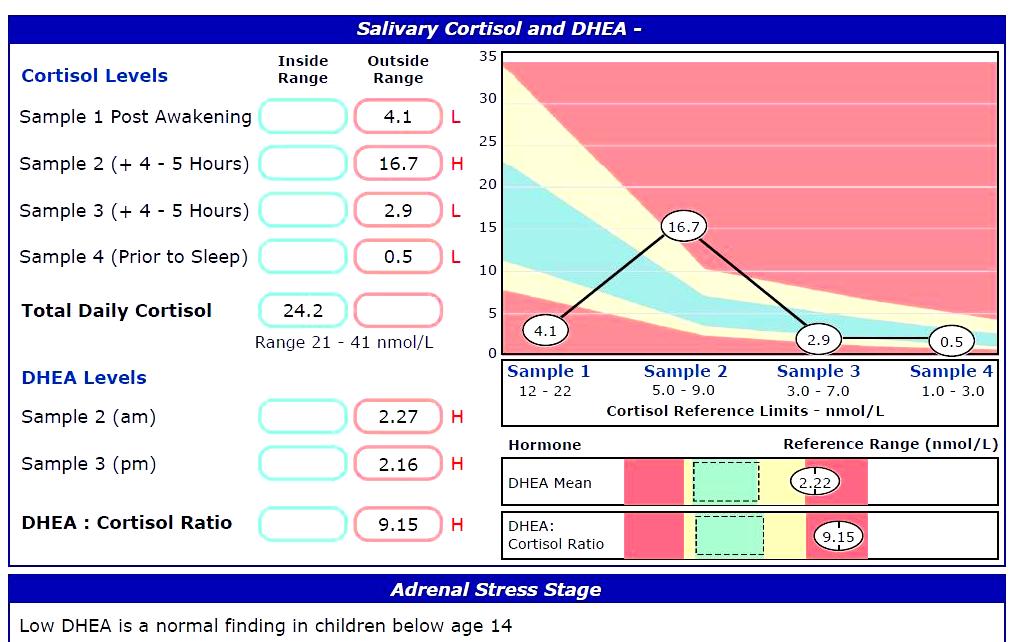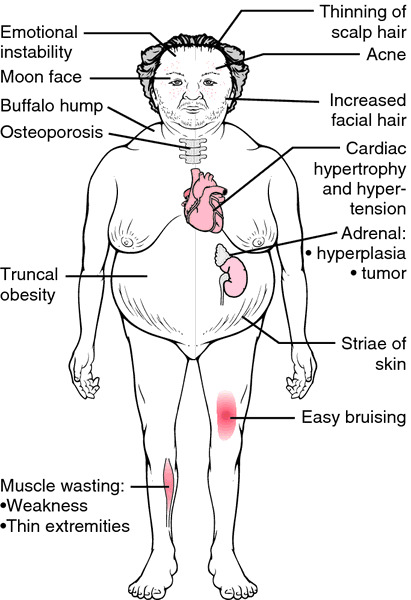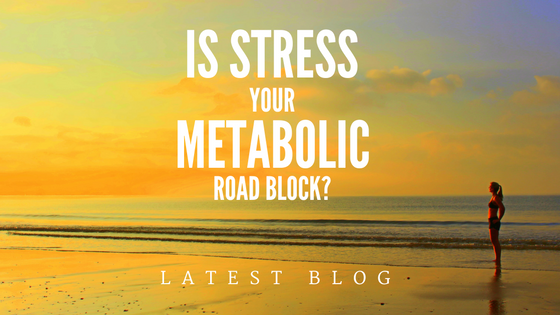October is stress management month.
Why?
I see with almost 90% of my clients that stress is a massive road block to their weight, health and fitness related goals.
Normally when my clients start to eat in a way that isn’t helpful in the context with their goals, miss workouts or disengage from what they want to achieve, 9 times out of 10, it’s down to some sort of stress.
Stress impacts our weight in many ways:
- >> The physiological impact that changes our metabolism which may affect weight and hunger
- >> The psychological impact that drives our behaviour and makes it harder to make the best choices
I’d like to cover these broad areas across the month to help you understand why stress is the biggest thing to get a handle on if you want a healthier life.
I’ll also be sharing with you what you can do about it.
So I will unfortunately start with some of the sciency stuff.
I’ll aim to keep it simple, although I can’t promise 😉
I’d encourage you to persevere and do you best to process the information and understand it.
FYI – we live in a world where information comes at us instantly and we seldom actually have to use our brains. Believe it or not, this is something that is influencing your weight!
Did you know that professional chess players burn up to 6000 calories (the equivalent of running 3 marathons) per day, due to the amount of glucose used by the brain.
When we direct energy towards the brain by actually trying to use it, we pull it away from the immune system and this actually something that can help with weight loss, because weight gain is actually immunological!
So you are losing weight just by reading this email 
Let the science begin!

This is an adrenal stress test (a saliva test that tests stress hormone output)
The adrenal glands are the glands in the body that produce your stress hormone, cortisol.
Cortisol is an essential hormone that we release every day. It should be highest in the morning because it is associated with being alert and mobilising energy. It is lowest in the evening because you don’t want to be alert when you are trying to sleep.
The ideal rhythm of the cortisol is shown by the green in the graph.
You can see in this case, the person who took this test (me!) was not producing enough cortisol during the day.
More on that later.
What I want you to know about cortisol for today is that it is responsible for mobilising fat stores.
So healthy cortisol function is essential for weight loss!
So what would make cortisol function unhealthy of imbalanced?
Long term stress.
Short term stress may induce a peak in cortisol (as seen below)

This is normal and healthy physiology.
In previous times short term stress would have been…
- >> Hunger
- >> Cold
- >> Heat
- >> Thirst
- >> Attack from a wild animal
- >> Conflict with another tribe
- >> Infection
The cortisol response would initiate the energy to overcome the stress – search for food, find water, fight and infection, deal with a threat.
Then physiology would return to normal.
The problem we have in modern times is that traditional stressors are no longer relevant…
>> we have an abundance of food available all the time
>> we drink continuously throughout the day
>> we control our temperature with heating or air conditioning
>> we have no threat from wild animals
>> we have medications to deal with infections
The stressors of modern day live are continuous and unresolved…
>> we continuously worry about things that haven’t happened yet
>> we have financial stress
>> we have the stress of over-feeding
>> we have the stress of over-drinking
>> we have stress of modern day toxins
>> we have work/relationship stress which mostly exists inbetween our own ears
The continuous nature of modern day stress results in a continuous activation of what is known as the HPA-axis.
The Hypothalamic-Pituitary (parts of the brain) – Adrenal (gland releasing cortisol) – Axis
This is the connection between the brain and the adrenal glands which then cause the release of stress hormones.
What is also important to note is that a stressed state is a state where we predominantly burn sugars AND NOT FATS.
This means that if you are carrying extra weight, you won’t be able to burn it in a state of stress.
You will burn sugars that are available and once you’ve got through those, you’ll start to break down proteins.
This means muscles and organs (like the gut lining – causing digestive problems).
The loss of lean tissues, slows metabolism and creates this…

This is actually a diagram of someone with Cushings Syndrome. An autoimmune condition resulting in a hyper-reactivity of the HPA-axis resulting in a large amount of stress hormones being produced.
I love this picture because it is a fantastic graphic presentation of what chronic stress does to the body.
Thinning limbs with fat accumulating around the belly, not to mention hair loss, disrupted hormones, problems with bones, problems with energy, muscle aches and pains, inflammatory conditions and the list goes on and on…
So that is all I want you to get from today.
Modern life = chronic activation of the stress pathways = loss of ability to burn fat and disruption of many metabolic pathways.More to follow in the post…




